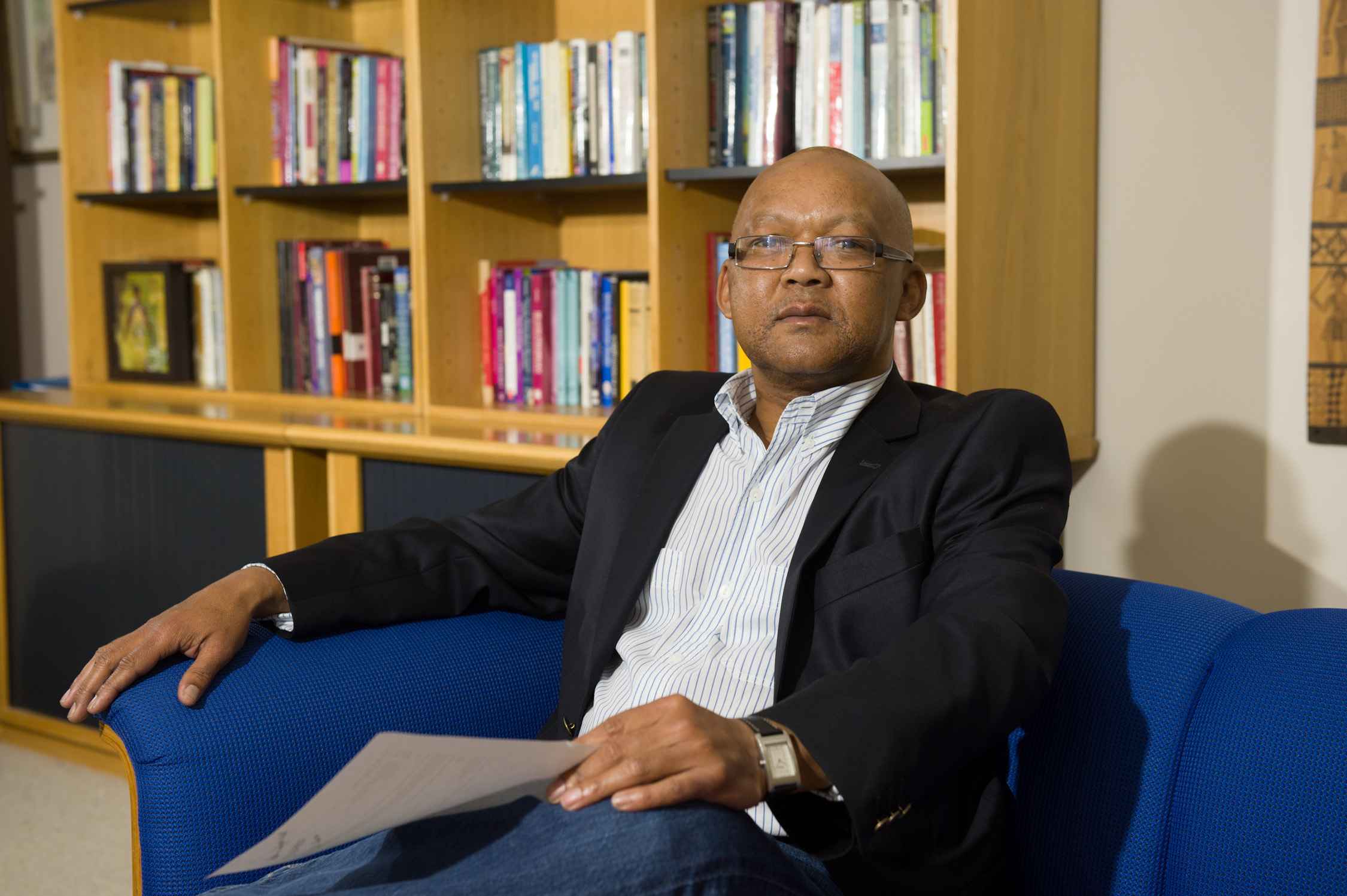We find ourselves in unchartered territory and in very uncertain times. To assist the UP community in navigating the way ahead, colleagues in the ‘psyche’ sciences and helping professions will be sharing thoughts and advice on how to ensure and strengthen mental well-being in the context of the COVID-19 pandemic.
Post 1 in this series is written by Professor Norman Duncan, Professor of Psychology and Vice-Principal: Academic, University of Pretoria.
I want to use my first blog entry to express my gratitude to so many people at the University for the manner in which they have responded to the University’s efforts to ensure its continued functioning in the face of the COVID-19 pandemic, and all the anxiety and dread that have accompanied it. (En passant, the Italian novelist Francesca Melandri, in her recently penned Letter from your future, very poignantly describes the dread and ontological anxiety associated with the pandemic.)
Firstly, I wish to thank our students for the responsible and gracious manner in which most of them accepted the University’s decision to commence the autumn recess earlier than scheduled, in an effort to reduce the likelihood of COVID-19 infections due to contact activity on the campuses. Secondly, I wish to thank our lecturing staff who started loading their course material onto clickUP the minute they realised that contact teaching may not be possible in the immediate future, and that online instruction may be our only alternative form of instruction for now. There is no denying that this has required an inordinate amount of extra effort and work for these colleagues, who at the best of times already carry heavy teaching loads.
Thirdly, I have to thank the Department for Education Innovation for its extraordinary efforts at supporting our teaching staff in transitioning to a fully online mode of instruction.

I also wish to thank our Chief Operations Officer, Mr Sandile Mthiyane, and the Department of Information Technology Services for their ongoing and tireless engagement and negotiations with the various telecommunications companies in South Africa, as well as Blackboard, to ensure that our students can have access to zero-rated data during the period when contact teaching will not be possible.
Then too, I want to thank our Deans and Deputy Deans (Teaching and Learning) for the countless hours and effort they, together with the Department for Education Innovation, have invested in developing various teaching and learning continuity plans and new teaching innovations. This is to ensure that we can continue teaching in whatever format will be required as soon as the University’s second academic term commences on 20 April 2020.
Finally, I thank the many colleagues in our student support services, such as our faculty student advisors, tutors, counsellors and mentors, for their efforts in ensuring maximum student success rates, despite the dire circumstances we are facing.
There are many other colleagues whom we should be thanking, but I have focused primarily on staff playing a direct role in teaching and learning, my key portfolio. To them I wish to say:
Colleagues, your commitment to our students and teaching excellence has not gone unnoticed, and I thank you for this. During the past few weeks, you have personified many of the University’s key values, such as commitment to academic excellence, social responsibility and social solidarity. It is your commitment to these values, I believe, that will enable us to fulfil our obligations to our students and society, despite the hardship and adversity predicted for the coming months. You embody the principle of living THE UP WAY.
I must note here that the expression of my gratitude has no other objective than to acknowledge your committed acts of generosity and kindness. Yes, I acknowledge that many of you might argue that you are simply doing your work. However, my counter-argument would be that the extra effort that is currently required of you is not necessarily what you have signed up for, and certainly goes beyond what would be expected of you in normal circumstances. Your efforts, to me, exemplify the compassion, generosity and kindness that progressively are becoming the hallmarks of the UP community.
Kindness has over the past decade or two become an object of ongoing study in psychology, my home discipline. It has been argued that, historically, altruism, compassion and kindness served the important function of ensuring the survival of the species, especially in situations of threat. Interestingly, as indicated in the articles that can be accessed by means of the links below, recent empirical research in positive psychology has found that the expression of these attributes, in addition to its putative survival function, fulfil a range of other psychological functions for the individual. For example, it has been found that acts of kindness frequently result in stress reduction, decreased levels of depression, a heightened sense of personal well-being, an improved sense of self, and better physical health.
The Science of Kindness – University of Pretoria
Kindness Health Facts – Dartmouth College
Random Acts of Kindness Week' a huge success - University of Pretoria
Of course, the old saying that charity begins at home also holds true for kindness. You are able to take care of others more effectively, and be kind to them, if you have taken care of yourself. This is what I urge all our staff and students to do during the coming months: Take care of yourselves!
Norman Duncan, Professor of Psychology and Vice-Principal: Academic, University of Pretoria
Contributions from UP staff in the helping professions are welcomed and can be sent to Professor Tharina Guse ([email protected]) for consideration. These must not be more than 400 words and should be focused on promoting staff or student well-being in a broad sense.
Copyright © University of Pretoria 2025. All rights reserved.
Get Social With Us
Download the UP Mobile App